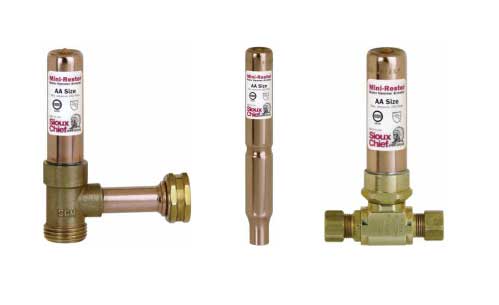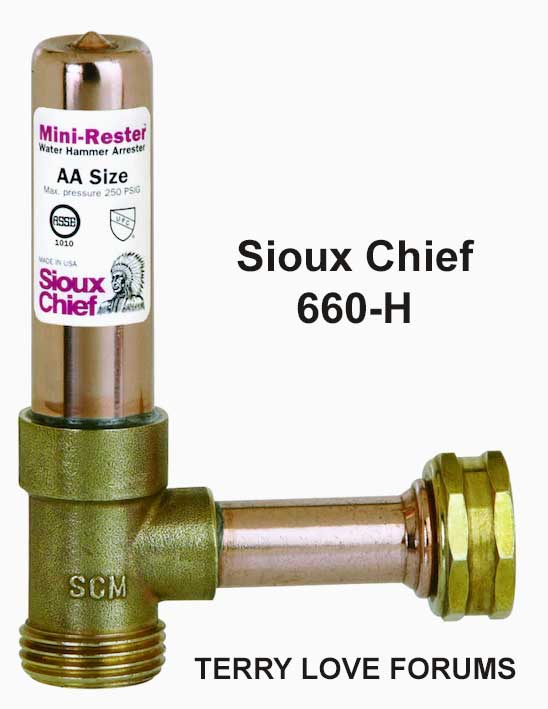Horseless Carriage
Member
My washing machine is an LG front-loader, model # WM2650HWA. It came with with two rubber hoses, and the manual recommends periodically checking them for cracks, leaks and wear, and replacing them every 5 years. The manual also says that I should use only the inlet hoses provided with the washer, and they do not recommend the use of aftermarket hoses.
I want to replace those two provided rubber hoses with stainless steel ones, which are supposed to be a lot more durable. Is LG serious when they say "only use the rubber hoses we gave you that wear out after 5 years"?
I want to replace those two provided rubber hoses with stainless steel ones, which are supposed to be a lot more durable. Is LG serious when they say "only use the rubber hoses we gave you that wear out after 5 years"?





